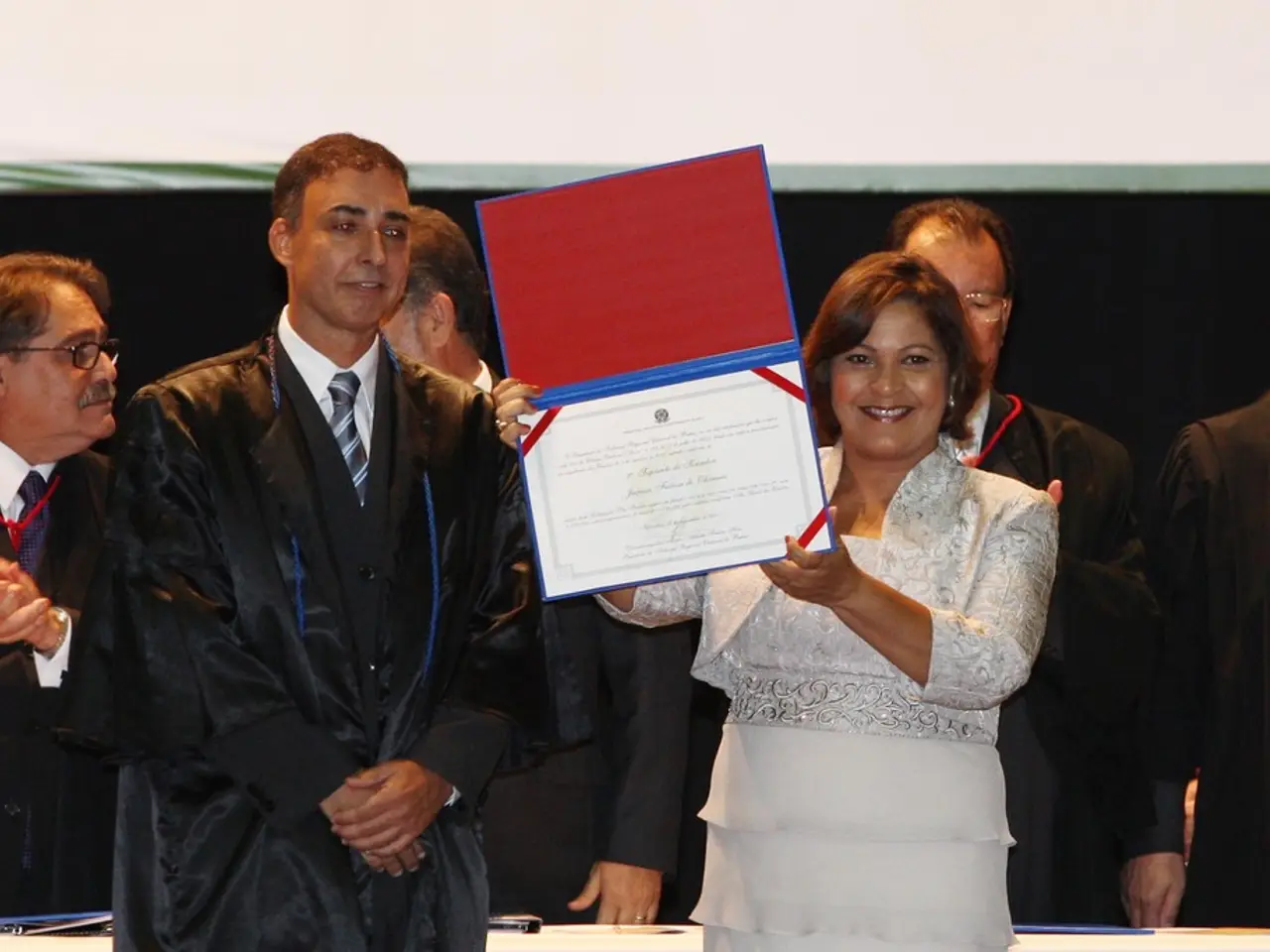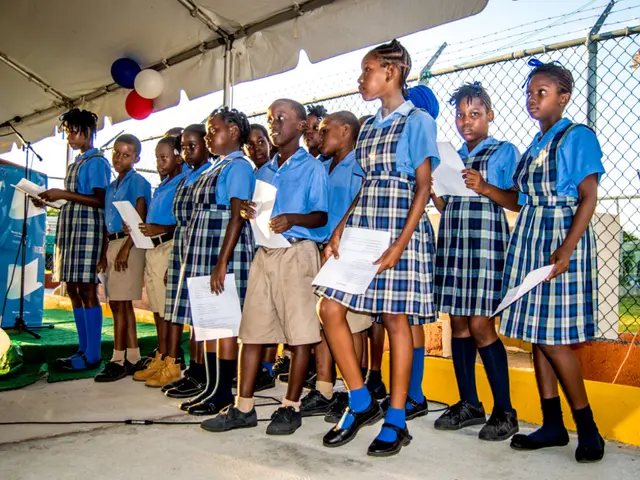Challenges in Retroactive Policy Changes: Examining the Effects on Supreme Court Law Clerk Selection
The Supreme Court law clerk-cum-research associate examination, held in 2025, has sparked controversy due to a sudden increase in the minimum qualifying marks from 40% to 60%. This unexpected change, made without prior notification, has raised concerns about fairness and adherence to established legal principles.
Initially, the cut-off was set at 40%, with negative marking rules clearly communicated to candidates. They planned their strategies accordingly, only to find that the minimum qualifying marks had been raised to 60% when the results were declared. This sudden change, effective after the examination had been conducted, led to widespread dismay among the candidates who had prepared with the lower threshold in mind.
Such post-facto changes to eligibility or qualifying criteria are generally viewed as unfair and contrary to established legal principles in recruitment and selection processes. The Apex Court in the landmark case Tej Prakash Pathak v. Rajasthan High Court (2025) has expressly held that "the rules of the game" in a selection process for a public post cannot be altered after the process has commenced.
In the Tej Prakash Pathak (2025) case, the Supreme Court struck down changes in selection rules made after the recruitment process had started, emphasizing the need for fair play and consistency in criteria so as not to violate candidates’ legitimate expectations. The judgment has been relied upon subsequently to oppose "midway" changes to recruitment policies that upset fairness in competitive processes.
As a result, the sudden increase from 40% to 60% cut-off in the Supreme Court law clerk exam appears not in accordance with the principle of fairness and the settled law laid down in Tej Prakash Pathak. This case underlines that any changes to selection criteria must be made known before a recruitment process begins and cannot be imposed retroactively to the prejudice of candidates.
To reach the interview stage, a candidate is required to score a minimum of combined 50% in both Part I & Part II. However, the un-notified, last-minute change in the minimum qualifying marks for Part-I adversely affected aspirants and cannot be upheld jurisprudentially.
The role of law clerks has become pivotal in assisting judges dispense justice in constitutional courts. The opportunity to be a law clerk is a huge stepping stone for those from humble backgrounds aspiring to pursue further legal studies. The Law Clerk-cum-Research Associate Examination, 2025, was held in 2025, with the advertisement published on January 10, 2025.
The recruitment process for Supreme Court law clerks is sacrosanct, with any deviation undermining the trust of deserving candidates. There is an urgent need for a sensitive grievance authority in the Recruitment Cell of the Supreme Court of India to address core issues like this legally. There is also a need for further streamlining engagements involving law graduates applying for clerkships in constitutional courts.
Kaveeta Wadia, a Senior Advocate of the Supreme Court of India, has voiced her concern over the issue, stating that such arbitrary changes undermine the trust of deserving candidates and tarnish the integrity of the recruitment process. The controversy surrounds the Law Clerk-cum-Research Associate Examination, 2025, conducted by the Supreme Court of India. The Scheme of Engaging Law Clerk-cum-Research Associates on Short-Term Contractual Assignments in the Supreme Court of India was notified in January 2024, with the minimum qualifying marks for Part-I set at 40%.
In conclusion, the sudden increase in qualifying marks for the 2025 Supreme Court law clerk exam has raised serious questions about fairness and adherence to established legal principles. The actions taken on any representations by the Recruitment Cells regarding this issue remain unclear, leaving candidates disappointed. It is crucial to uphold the integrity of the recruitment process and ensure that changes to selection criteria are made transparently and fairly to maintain trust among candidates and uphold the rule of law.
- The sudden increase in the minimum qualifying marks for the Supreme Court law clerk exam, from 40% to 60%, without prior notification, raises concerns about fairness and adherence to established legal principles in the field of education and self-development.
- The unexpected change in selection criteria for the Law Clerk-cum-Research Associate Examination, 2025, contravenes the principle of fairness and the settled law laid down in Tej Prakash Pathak (2025), emphasizing the need for transparency and consistency in recruitment processes related to education and self-development.




